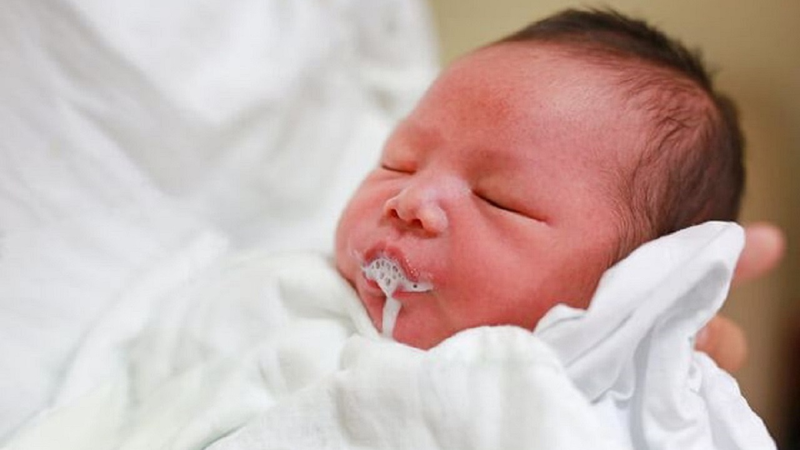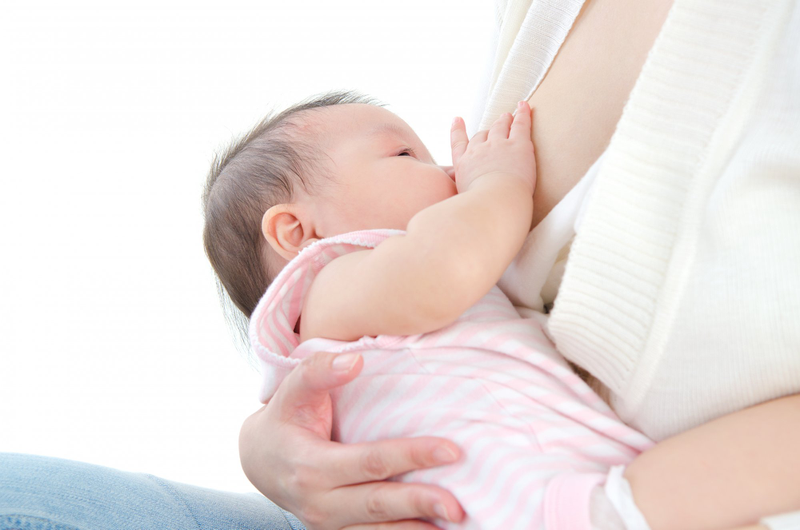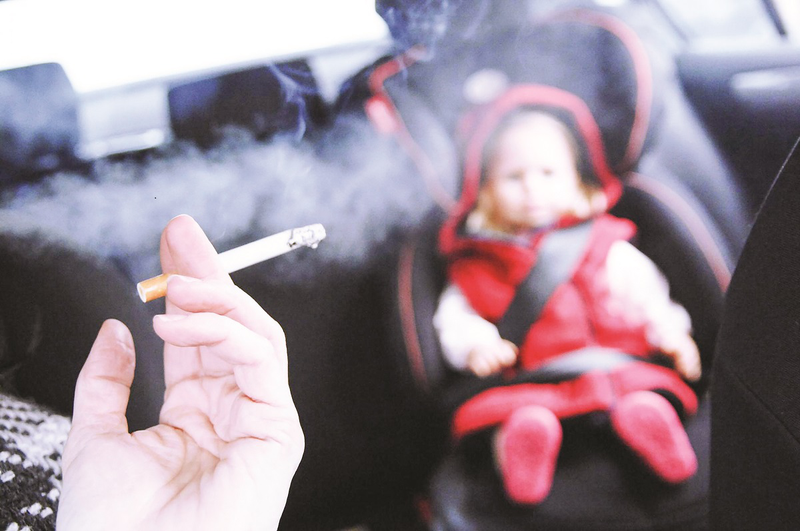Newborn babies often spit up is a common phenomenon that many parents often encounter. This is a condition when the baby can spit up milk residue after feeding. So why do newborn babies often spit up and what should parents do in this case? Let’s learn more about this case through the article below!
Newborn babies often spit up is a common problem in the early stages of a baby’s life, causing many parents to worry. Although spitting up can be a natural part of a baby’s development, understanding the causes and how to handle this condition is very important. The following article will help parents identify normal and abnormal signs, thereby having appropriate care measures to ensure the health of the child.
Causes of frequent spitting in newborns
Regurgitation or vomiting in newborns is a phenomenon when the baby can spit up milk after feeding. The cause of this condition can be due to physiological or pathological factors.
Physiological reflux
Most newborns experience reflux, especially after a full feeding or when they make movements such as writhing. This is a completely natural phenomenon, so there is no need to worry too much. The main reason is that the baby’s digestive system is not fully developed. The baby’s stomach is very small and has a horizontal position, unlike adults, making reflux more likely to occur.
In addition, some bad habits of the mother can increase the possibility of reflux in the baby, including:
- Feeding the baby too much or too full.
- Incorrect breastfeeding position, causing the baby to swallow a lot of air.
- Letting the baby lie down immediately after feeding without patting the baby to burp.
- Wrapping the diaper or umbilical cord too tightly, creating pressure on the abdomen and stomach.

Newborns can spit up due to both physiological and pathological causes.
Pathological causes of regurgitation
Newborns may experience regurgitation due to health problems. In this case, the baby not only vomits milk but may also be accompanied by bile or blood. In addition, the baby often shows signs of discomfort, fussiness, refusal to feed, fever, and may even have convulsions.
Some diseases that can cause regurgitation in newborns include:
- Digestive disorders, often manifested by diarrhea along with regurgitation.
- Upper respiratory diseases (including the nose, throat, larynx, and upper part of the trachea).
- Cerebral hemorrhage.
- Infections of the nervous system.
- Pyloric spasm.
- Intestinal volvulus, intestinal obstruction, or intussusception.
What to do when a newborn often regurgitates?
Newborns often regurgitate for many different reasons. For physiological causes, you can apply the following measures:
Breastfeeding properly
Whether your baby is breastfed directly or by bottle, it is very important to follow the principles of proper breastfeeding. When breastfeeding, the baby’s mouth needs to be properly attached to the breast. For bottle feeding, the bottle should be tilted at about 45 degrees and the milk in the bottle should always be up to the neck of the bottle. This helps the baby not to swallow too much air, avoiding reflux.

Mothers should breastfeed their babies properly to limit the situation of newborn babies spitting up.
Do not let your baby feed too much
A newborn’s stomach is still very small, so instead of feeding your baby a lot of milk at once, divide the amount of milk and feed your baby many times. This not only helps prevent vomiting but also makes the milk easier to digest.
Do not let your baby lie down immediately after feeding
When your baby has just finished feeding, the stomach is still horizontal, letting your baby lie down immediately can cause reflux and vomiting. Therefore, pat your baby to burp for about 10 – 15 minutes after feeding to push the air out, helping to reduce the feeling of fullness and limit vomiting.
Let your baby sleep in the right position
For newborns, do not use a pillow to support the head. Instead, use a soft, cool and airy towel. When putting your baby to sleep, you should also loosen the diaper and umbilical cord so that the baby feels comfortable, not “squeezed” by the stomach, thereby reducing the risk of vomiting and helping the baby sleep better.
If your baby vomits while sleeping, do not pick him up immediately. Let him lie on his side so that the milk can flow out, avoiding getting into the nose and lungs. Then, use a soft, clean towel to clean your baby and change his clothes to help him feel more comfortable.
Avoid cigarette smoke
Cigarette smoke can increase the risk of respiratory diseases and stimulate the secretion of more stomach acid. These are the main causes of vomiting in infants and pose many potential health risks. Therefore, say no to cigarettes and make sure your baby is not exposed to cigarette smoke.

Newborns should be kept away from cigarette smoke to ensure their safety.
Newborns often spit up, when to see a doctor?
Normally, the phenomenon of vomiting in newborns will gradually decrease and stop as the baby grows up. If this condition only occurs due to physiology, the baby will often spit up a little milk residue or mucus after feeding or when there are movements such as writhing. You just need to apply appropriate measures to improve the situation.
However, if the baby vomits frequently, occurs many times a day and lasts more than 24 hours, you should not take it lightly. In particular, if there are signs of vomiting bile or blood, the baby is fussy, refuses to breastfeed, has a high fever above 38 degrees, or is tired and lethargic, you need to take the baby to the doctor immediately. These symptoms can be signs of a serious health problem.

When children vomit and are tired, parents should quickly take them to the doctor.
For infants and young children, any illness needs to be taken seriously. The baby’s immune system is weak, and the disease can progress rapidly. If not examined and treated promptly, the condition will become dangerous. Therefore, if the baby has vomiting accompanied by unusual signs, you should take the baby to the doctor as soon as possible.
In short, vomiting in infants is a natural phenomenon that most parents have to face in the early stages of their baby’s life. By mastering the knowledge of the causes and care, parents can minimize vomiting and create the best conditions for the baby’s development. Proper care and attention will help your baby have a healthy and safe start.





